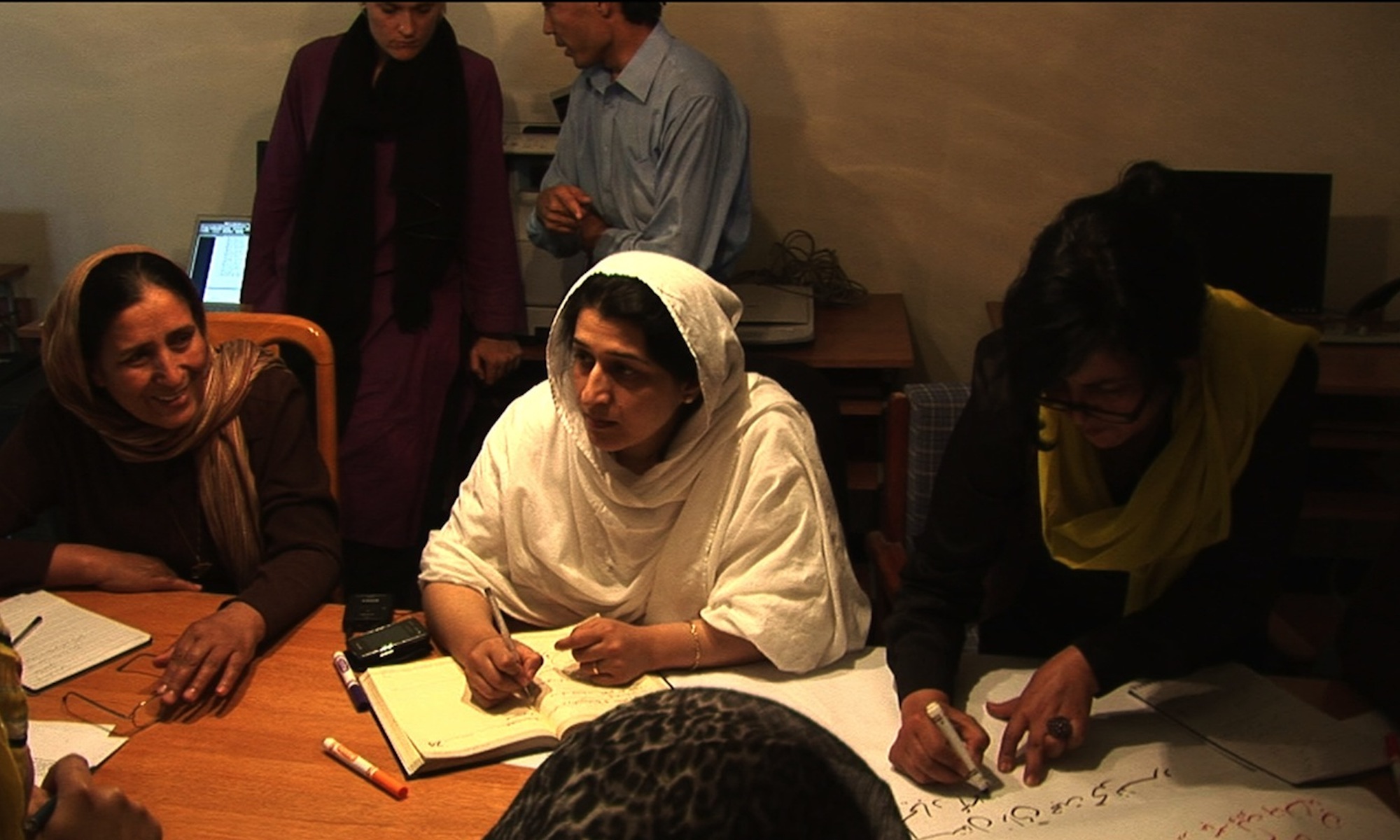This article assesses the challenges of state revival in Somalia. It reviews the roots of state collapse in the country, attempts to explain the repeated failure of state-building projects, tracks trends in contemporary governance in Somalia and Somaliland, and considers prospects for integrating local, “organic” sources of governance with top-down, “inorganic” state-building processes. The Somalia case can be used both to document the rise of governance without government in a zone of state collapse and to assess the changing interests of local actors seeking to survive and prosper in a context of state failure. The interests of key actors can and do shift over time as they accrue resources and investments; the shift “from warlord to landlord” gives some actors greater interests in governance and security, but not necessarily in state revival; risk aversion infuses decision making in areas of state failure; and state-building initiatives generally fail to account for the existence of local governance arrangements. The possibilities and problems of the “mediated state model,” in which weak states negotiate political access through existing local authorities, are considerable.

INSCT Postconflict Research Database
The Institute for National Security and Counterterrorism's Postconflict Research Database & Analysis Project stores cross-indexed bibliographic information on hundreds of journal articles, books, book chapters, and case reports that address the broad, interdisciplinary fields of postconflict reconstruction, stabilization, and peacebuilding.
2 Replies to “Governance Without Government in Somalia: Spoilers, State Building, and the Politics of Coping”
Comments are closed.